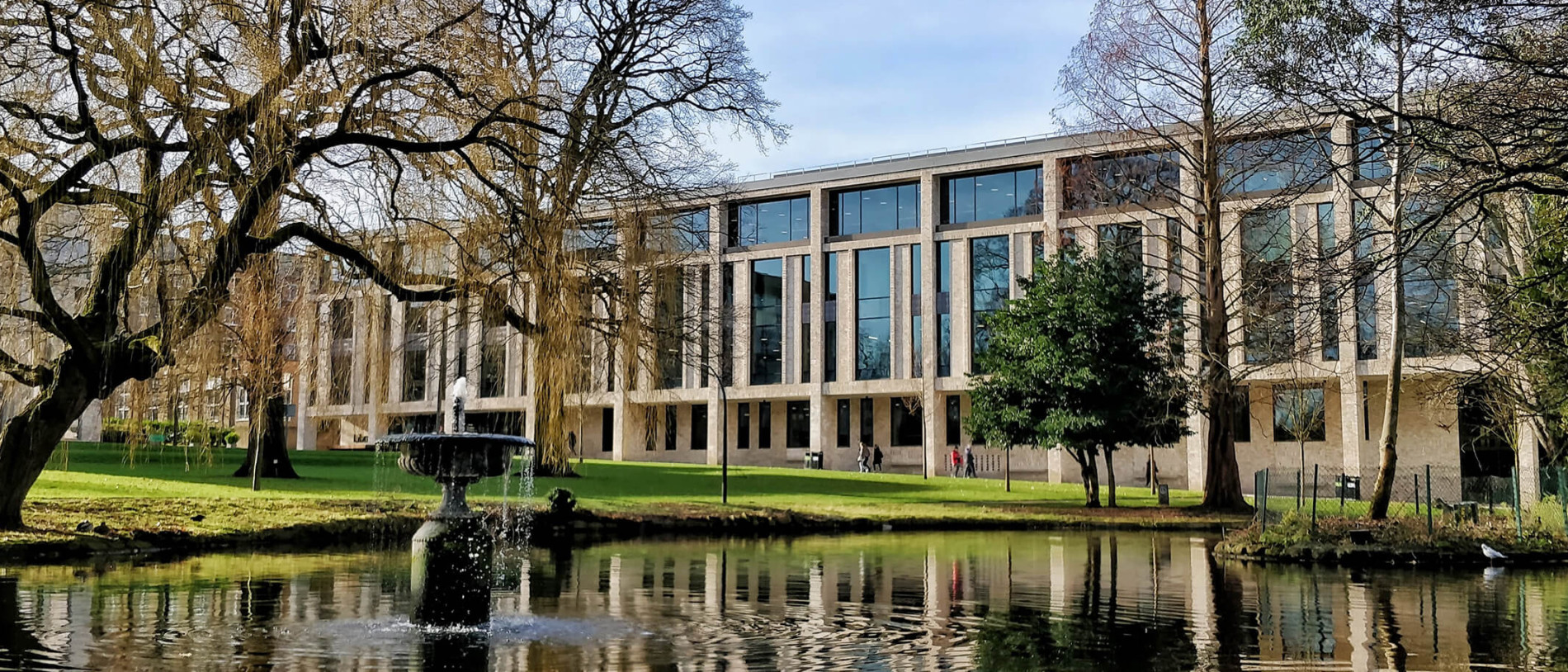

University of Roehampton (London)
Education
Study detals
: Master's degree : MA (Hons) Education : Full time : 12 MonthRequirements
Entry requirements
Roehampton English Language Test
- Postgraduate degrees - mapped to IELTs scores
TOEFL IBT
- Postgraduate degrees - 89 overall with a minimum of 17 in listening and writing, 18 in reading and 20 in speaking
IELTS Academic
· Postgraduate degrees – 6.5 overall with a minimum 5.5 in each component
Cambridge Advanced Certificate
- Postgraduate degrees - 176 overall with a minimum 162 in each component (some schools require a minimum of 169 in each)
Cambridge Proficiency Certificate
- Postgraduate degrees - 176 overall with a minimum 162 in each component (some schools require a minimum of 169 in each)
All applicants that require a Tier 4 visa must also meet the minimum English Language requirements before we can issue a Certificate of Acceptance for Study (CAS) that is needed to apply for a Tier 4 visa.
Academic requirements
Along with a complete application, EU and international applicants are required to submit various supporting documents. These include:
- Academic qualifications (certificate and transcript)
- Valid English language qualification
- Personal statement
- Two references
Speciality
There aren’t any pathways available
Additional information
Degree Overview
Schooling can be viewed as just one context within which education may take place; there are many other contexts in which educational approaches are used to work with children, young people and adults. Some of these contexts include advisory work, early childhood practice, educational administration and policy, learning support and the third sector to enhance educational provision for children, families and communities. This MA will explore education across these different areas. The programme will draw on the wider professional experiences that students may have of working in contexts where educational approaches are important. These may include experiences such as employment in youth work, sports’ coaching with young people, working for charities with children and young people to provide learning opportunities in this country or internationally. This MA will cover critical social and educational theories and perspectives, as well as policy and practice relevant to global and local educational contexts. It will support you to achieve a critical awareness and understanding of education in its broadest sense as a process of human learning and development. You will be introduced to the key concepts of race, ethnicity, class and gender in the Power in Education and Society module. You will be moved beyond theoretical knowledge to reach an informed position in relation to equality, diversity and social justice in education. Awareness will be raised of past and current international discourses in education, critically examining how they impact on children, young people, families and communities. The compulsory final dissertation module will give you the opportunity to select a topic of your choice and undertake a critical enquiry of the subject. You must also take a compulsory research module, called Social and Educational Research, which is designed to teach you about social and educational research and to prepare you for the dissertation. You will select a further four modules from a range of options, including those from related MA programmes in Early Childhood Studies, SEN Disability & Inclusive Education and Education Leadership and Management. This gives you the opportunity to gain a deeper understanding in an area of education that interests you, or is relevant to your chosen career. A maximum of two from any of these programmes can be taken and decisions about which of these are appropriate for each student are made by the Programme Convenor in consultation with students. You will benefit greatly from engaging with the insights, experiences and perspectives of your peers who may come from a diverse range of contexts, backgrounds and experiences. These insights combined with your own experiences and the theory gained from the modules will allow you to deepen your understanding of working with children and young people and of education in its broadest sense. Lecturers leading modules on this programme have specialist qualifications, teaching or leadership experience in the field of education, with relevant research and scholarly backgrounds, which will help shape the content of the programme. Those with less practical experience will need to have studied a degree programme such as BA Education, BA Children’s Studies, BA Youth Work, BA Early Childhood Studies, BA Social Pedagogy or BA Sports Coaching, all of which emphasise the practices of working with children and young people to enable their participation, development and learning.
Study Reasons
- The programme supports and enables you to move into or develop your career in working with children and young people. Depending on professional qualifications already achieved, this might include advisory work, teaching, early childhood practice, learning support, careers in youth engagement and participation, working for community, non-governmental organisations and the third sector to enhance and enrich educational provision for children, families and communities both in the UK and internationally
- You can study flexibly with the option to take stand-alone qualification (PGCert / PGDip) or complete the full MA
- Undertake a Doctorate and move into a career in academic research